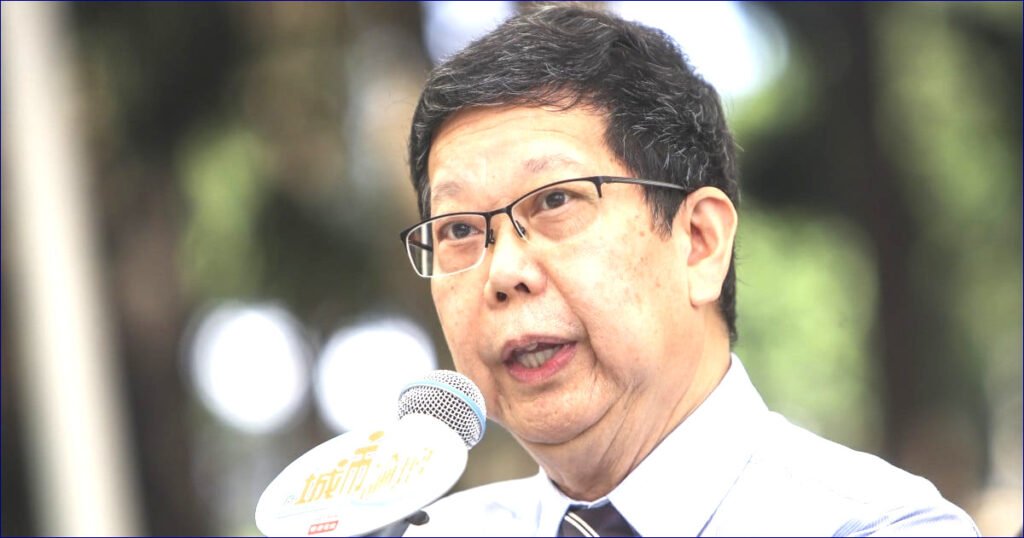The passing of James Sung Lap-kung, a towering figure in Hong Kong’s political arena, has left an indelible void. At the age of 71, he succumbed on a Thursday, as confirmed by the Hong Kong Pui Ching Alumni Association, where he served as vice-chairman since 2022. The news reverberated through the community, a stark reminder of his profound influence and legacy.
In a heartfelt tribute, the alumni association noted, “During his tenure, he actively promoted the development of the association and assisted in organizing large-scale events, uniting alumni from all over the globe.” His efforts were not merely administrative; they were passionate transformations that fostered connections among countless graduates scattered across continents.
Sung was not just a commentator; he was the very essence of thoughtful political discourse, a guiding light whose incisive op-eds and analyses ignited conversations and inspired critical thinking. The founding director of the Hong Kong Progress and Perfection Research Institute, he was revered for navigating the intricate tapestry of Hong Kong’s political landscape with grace and intellect.
His journey began at Pui Ching Middle School, where his academic foundation was laid. A curious mind, he pursued music at the Grantham College of Education, which would eventually evolve into the Education University of Hong Kong. For nearly a decade, he imparted knowledge as a secondary school teacher in Kowloon, nurturing the minds of future generations.
In 1986, Sung’s path led him to Columbia University in the United States, where he earned a master’s degree focusing on Chinese and Hong Kong politics, sharpening his insights and perspectives. Returning to Hong Kong in 1992, he established the public administration course at the School of Continuing and Professional Education at City University, a role he embraced for 27 remarkable years as course coordinator.
James Sung’s legacy extends far beyond his academic and administrative contributions; he was a beacon of knowledge and passion in a rapidly evolving political landscape, and his absence will be felt deeply by those who had the privilege to know him and those who benefitted from his work.

